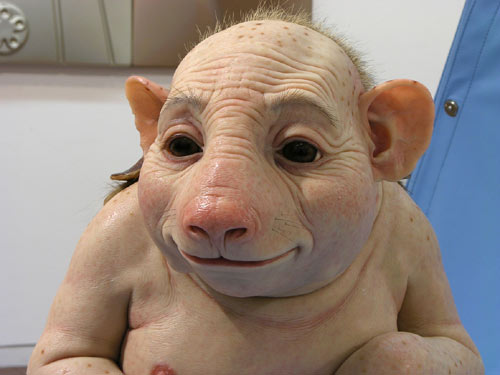
The thought that our pets could be more than just pets, the possibility of a world where they could have a semblance of human consciousness is fascinating, but how about a modern day Frankenstein? Or perhaps, a real life centaur? The federal government has announced its intention to lift the ban previously placed on the funding of experiments designed to use human cells to create part human part animal embryos. In lieu of this, the National Institute of Health has proposed a policy that allows scientists to create the said embryos, which are generally referred to as chimeras, but only under intensely observed situations.
According to NIH these policies, which prohibit the use of such experiments on non-human primates like apes and monkeys, would serve to deter the concerns that brought about the ban in the first place, that because of the closeness of these animals to the human species; “scientists might inadvertently create animals that have partly human brains, endowing them with some semblance of human consciousness or human thinking abilities. Another is that they could develop animals with human sperm and eggs and breed them, producing human embryos or fetuses inside animals or hybrid creatures.” No one is to say, however, that these challenges won’t still arise with the other animals. With humans, there’s always a possibility of understanding or control given their consciousness and cognizance, with animals the possibilities of ulterior situations are endless.
In every situation, there would ultimately be advantages and disadvantages, the concern generally being, whether or not the advantages outweigh the disadvantages. Scientists, maintain that these experiments, ethical as they may seem, would help in the eradication of major mortal concerns, like diseases and fertility to mention of few. Creating animals with human brain cells, for example, would make it easier to observe neurological conditions like Parkinson and Dementia, similarly, the study of human fertility and development would benefit greatly from the creation of animals with human sperm and eggs.
Since the NIH plans to begin the funding of this project as early as Jan 2017, the general public has 30 days to lend their voice on the issue. How willing are you to trust the creators of the chimeras?


